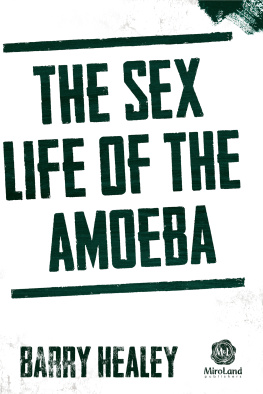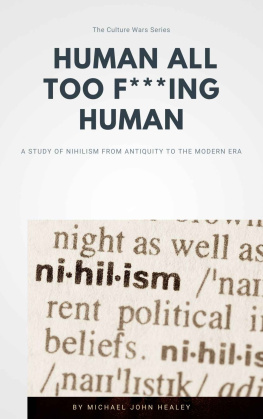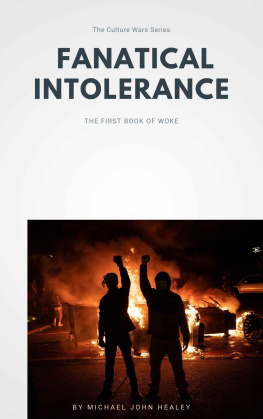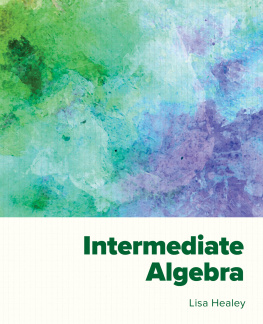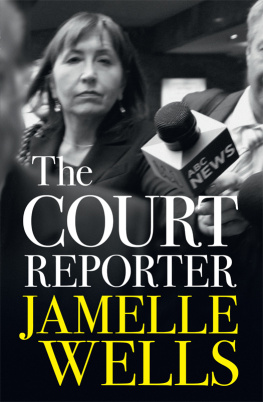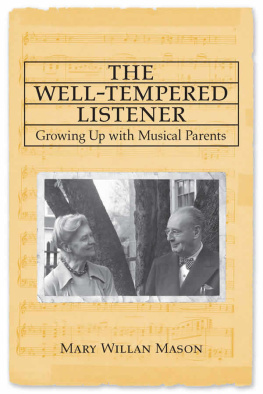THE COLLEGE, THE MARKET,
AND
THE COURT;
OR,
WOMAN'S RELATION TO EDUCATION, LABOR, AND LAW.
By CAROLINE H. DALL,
AUTHOR OF "HISTORICAL SKETCHES," "SUNSHINE," "THE LIFE OF DR. ZAKRZEWSKA," ETC.
"Let this be copied out,
And keep it safe for our remembrance.
Return the precedent to these lords again." King John.
"How canst thou make me thy friend who in nothing am like thee?
Thy life and dwelling are under the waters; but my way of living
Is to eat all that man does!" Batrachomyomachia.
BOSTON:
LEE AND SHEPARD.
1867.
Entered according to Act of Congress, in the year 1867, by
LEE AND SHEPARD,
In the Clerk's Office of the District Court of the District of Massachusetts.
CAMBRIDGE:
STEREOTYPED AND PRINTED BY JOHN WILSON AND SON.
TO
LUCRETIA MOTT,
FOR MORE THAN FIFTY YEARS A PREACHER AND REFORMER; SPOTLESS
ALIKE IN ALL PUBLIC AND PRIVATE RELATIONS; WHOSE
CHILDREN'S GRANDCHILDREN RISE UP TO
CALL HER BLESSED;
This Book is Dedicated,
SINCE SHE IS THE BEST EXAMPLE THAT I KNOW OF WHAT ALL WOMEN
MAY AND SHOULD BECOME.
"A woman
Leading with sober pace an armed man,
All bossed in gold, and thus the superscription:
'I, Justice, bring this injured exile back
To claim his portion in his father's hall.'"
Seven against Thebes.
A PREFACE
TO BE READ AFTER THE BOOK.
When, some years ago, I delivered nine lectures upon the Condition of Woman, I had no intention of printing them until time had matured my judgments and justified my conclusions. Peculiar circumstances afterwards induced me to modify this decision. The first course of lectures, now printed as "The College," had proved unexpectedly popular, and was many times repeated. At its close, I announced the second course upon Labor, involving the subject of Prostitution as the result of Low Wages; and a very unexpected opposition ensued. My files can still show the large number of letters I received, beseeching me not to touch this subject; and private intercession followed, on the part of those I hold wisest and most dear, to the same effect. Why I did not yield to all the clamor, I cannot tell,except that I was not working for myself nor of myself.
I thought it, however, necessary to take unusual precautions to prevent these lectures from being misunderstood. I wrote private notes, enclosing tickets, to almost all the leading clergymen, asking that they would attend them as a personal favor to myself. I believe I did not allude to the efforts which had been made to silence me, except when I wrote to those who had joined in the outcry. In that case, I demanded the attendance as an act of justice. These notes were kindly responded to; and grateful tears started to my eyes, when I found on the seats before me white-haired men, who set aside their prejudices for my sake. Whatever might have been thought before, the delivery of the lectures silenced all objections. They were fully attended and frequently repeated; and I followed the delivery by the printing of this particular course, in order that misunderstandings should not have time to establish themselves. The book was well received, both at home and abroad. Letters came to me from the far shores of India and Africa, thanking me for its publication. The first edition was sold at once; and I should have reprinted the book, but that I did not wish to re-issue these lectures in an isolated form. I wanted them reprinted, if at all, in their proper place, subordinated to my main thought.
I smile a little as I look back. The remonstrances upon my file, dated less than ten years ago, would now be earnestly repudiated by the dear friends who wrote them.
After the delivery of the third course, upon Law, local reasons decided the publication of that book. Many efforts were being made in the different States to change laws; and it was thought that the lectures would give necessary information.
Of the first course, nothing has ever been printed in this country. The second lecture was printed, by a sympathizing friend in England, as a tract, and widely circulated. Part of it was reprinted with approbation in the "Englishwoman's Journal." The whole of this course is now given to American readers in its proper connection, in which it is hoped, that its bearing upon the later lectures will be seen, and a new significance given to its suggestions. The history of these volumes seems to make it necessary to reprint the original Prefaces in connection with the lectures on Labor and Law.
In 1856, I conceived the thought of twelve lectures, to be written concerning Woman; to embrace, in four series of three each, all that I felt moved to say in relation to her interests. No one knew better than myself that they would be only "twelve baskets of fragments gathered up;" but I could not distrust the Divine Love which still feeds the multitudes, who wander in the desert, with "five loaves and two small fishes."
In the first three of these lectures, I stated woman's claim to a civil position, and asked that power should be given her, under a professedly republican government, to protect herself. In them I thus stated the argument on which I should proceed: "The right to educationthat is, the right to the education or drawing-out of all the faculties God has giveninvolves the right to a choice of vocation; that is, the right to a choice of the end to which those faculties shall be trained. The choice of vocation necessarily involves the protection of that vocation,the right to decide how far legislative action shall control it; in one word, the right to the elective franchise."
Proceeding upon this formula, I delivered, in 1858, a course of lectures stating "Woman's Claim to Education;" and this season I have condensed my thoughts upon the freedom of vocations into the three following lectures. There are still to be completed three lectures on "Woman's Civil Disabilities." I should prefer to unite the twelve lectures in a single publication; but reasons of imperative force have induced me to hurry the printing of these "Essays on Labor." Neither Education nor Civil Disability can dispute the public interest with this subject. No one can know better than myself upon what wide information, what thorough mental discipline, all considerations in regard to it should be based. I have tried to keep my work within the compass of my ability, and, without seeking rigid exactness of detail, to apply common sense and right reason to problems which beset every woman's path. At the very threshold of my work, I confronted a painful task. Before I could press the necessity of exertion, before I could plead that labor might be honored in the public eye, I felt that I must show some cause for the terrible earnestness with which I was moved; and I could only do it by facing boldly the question of "Death or Dishonor?"
"Why not leave it to be understood?" some persons may object. "Why not leave such work to man?" the public may continue.
In answer to the first question, I would say, that very few women have much knowledge of this "perishing class," except those actually engaged in ministering to its despair; and that the information I have given is drawn from wholly reliable sources, as the reader may see, but can be obtained only by hoursnay, days and weeksof painful and exhausting study. Very gladly have I saved my audience that necessity: greatly have I abbreviated whatever I have quoted. But I





